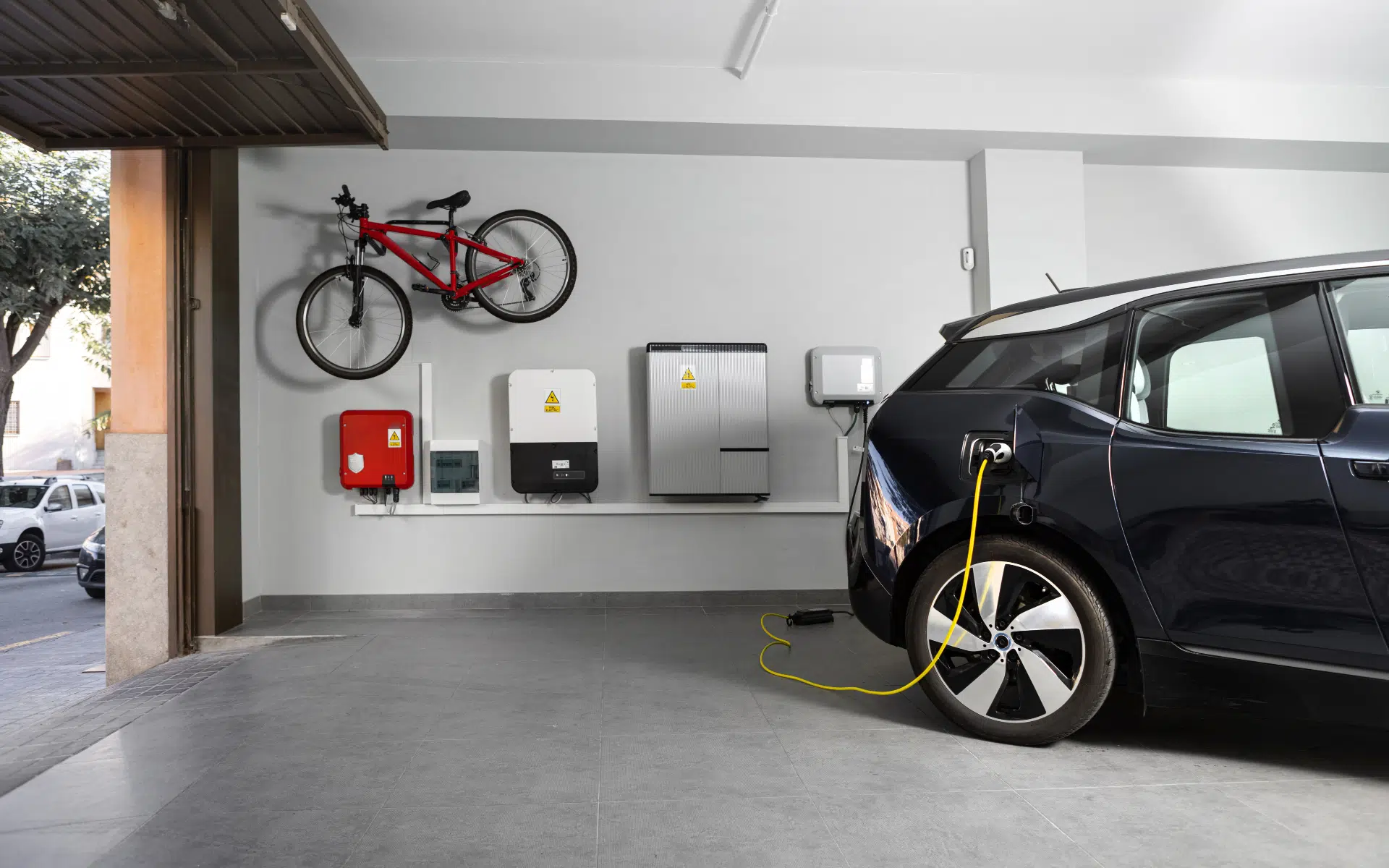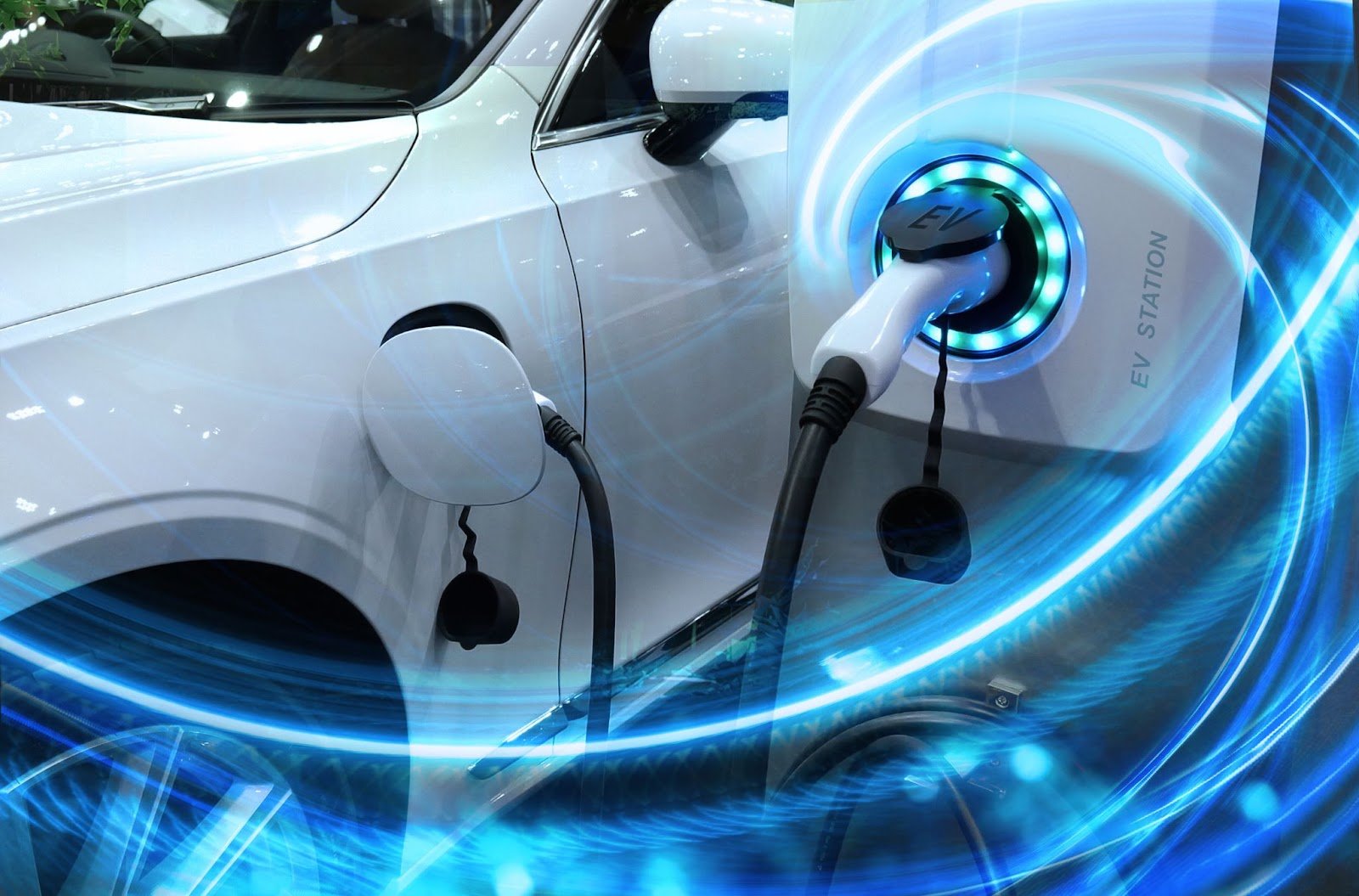Automakers like General Motors and Volvo, along with energy companies, are looking at ways to make money from electric vehicles (EVs) by allowing owners to sell power back to the grid.
This process, called bidirectional or vehicle-to-grid (V2G) charging, lets EV owners charge their cars when electricity is cheap and then sell it back when it’s expensive.
According to Nick Woolley, CEO of UK firm ev.energy, a million EVs could provide as much power as a large nuclear power plant for short periods.
V2G technology used to be theoretical, but now it’s becoming a reality thanks to smart meters, artificial intelligence, and innovative energy companies.
Major automakers like Tesla, BMW, and Volkswagen are expected to introduce V2G-capable models soon.
Doron Frenkel, CEO of Driivz, a charging software provider, says there’s a lot of money to be made in balancing grids, and many companies want a piece of the action.
In the US, bidirectional charging is experimental, while in Germany, regulatory hurdles make it a distant possibility.
While bidirectional chargers are more expensive for now, companies like Octopus Energy in the UK are offering tariffs that allow customers to sell back electricity, making it a real option for consumers.

Automakers are also getting involved. GM plans to launch electric pickup trucks capable of powering homes, and Ford’s F-150 Lightning pickup is V2G capable.
Consumers participating in V2G programs have seen significant savings on their energy bills. For example, Shilpen Patel in London cut his bill by a third by using V2G charging.
Companies are also using V2G technology for grid balancing services, paying users to power down chargers during peak demand.
Volkswagen’s energy unit Elli is developing a trading platform for grid balancing, while Nuvve provides V2G services for electric buses.
To make V2G work for passenger EVs, accurate pricing and reliable forecasts are crucial. Platforms like Kaluza and The Mobility House aim to act as intermediaries, aggregating EVs across multiple brands.
While some believe V2G services could be run independently of automakers, partnerships with automakers offer access to valuable vehicle data, making them an essential part of the V2G ecosystem.

